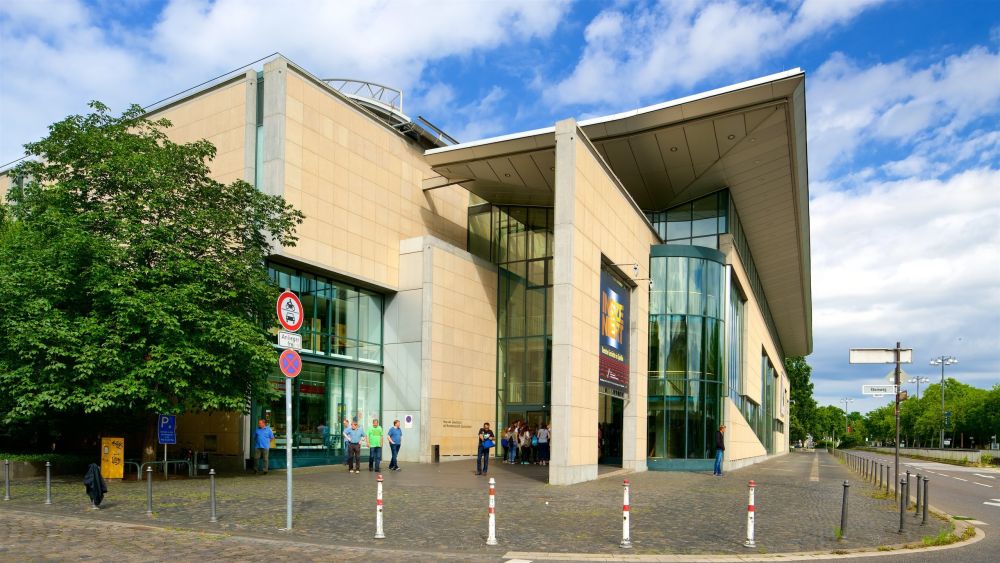

The House of the History of the Federal Republic of Germany, located in Bonn, stand as an institute dedicated to preserving and showcasing the history of post-World War II Germany. Commonly referred to in German as the "Haus der Geschichte", this museum has been an integral part of Germany's cultural and educational landscape since its inception.
Founded in the late 1980s, the museum was part of an initiative to document and understand the history of the Federal Republic of Germany and the German Democratic Republic after 1945. The museum officially opened to the public on June 14, 1994. It has since become one of the most visited museums in Germany, testament to its success in engaging both the local populace and international visitors in Germany's contemporary history.
The museum boasts a rich collection of artifacts that speak volumes about Germany's path from the aftermath of World War II to becoming one of Europe's most stable democracies. Its permanent exhibition is spread over 4,000 square meters and includes multimedia displays, historical documents, and personal stories which vividly bring the past to life. Additionally, the museum also holds temporary exhibitions focusing on various aspects of German history, politics, and culture.
Tourism at the House of the History of the Federal Republic of Germany is marked by an enriching educational experience. Visitors of all age groups and nationalities can delve into the facets of German history, from the division of Germany and the Cold War era to the reunification and beyond. The museum also organises guided tours, educational programs, and events to enhance the learning experience for tourists.
Emphasizing accessibility, the museum delivers free admission to its permanent and temporary exhibitions. It is open all week, except on Mondays, and is well-equipped with facilities to accommodate people with disabilities. Additionally, it hosts a museum shop, a cafeteria, and offers audio guides in multiple languages.
In recent years, the museum has noted an increasing trend in digital engagement, leading to the development of online resources and virtual tours. Interactive installations and digital archives have become a staple, aligning with modern tourism trends that cater to a tech-savvy audience and those unable to visit in person.
Overall, the House of the History of the Federal Republic of Germany continues to be a pivotal destination for those interested in understanding Germany’s modern historical context, while evolving to meet the latest trends in tourism and museology.